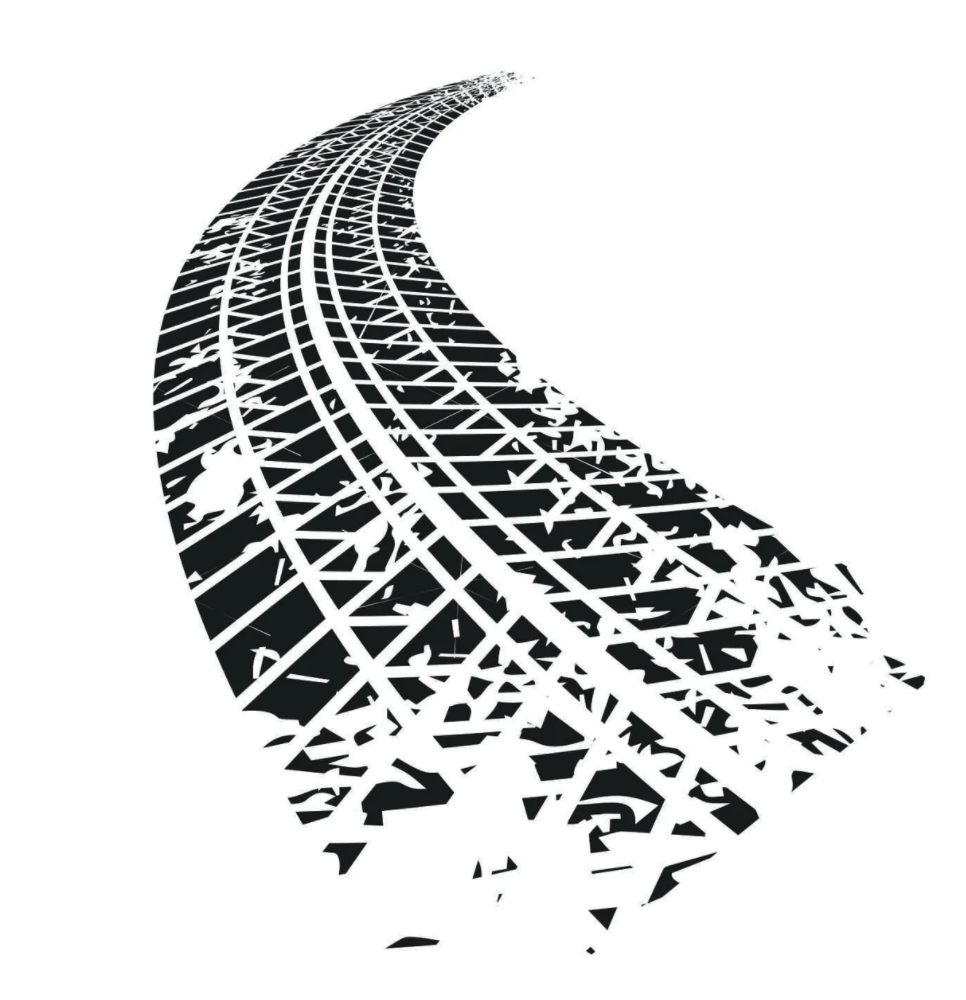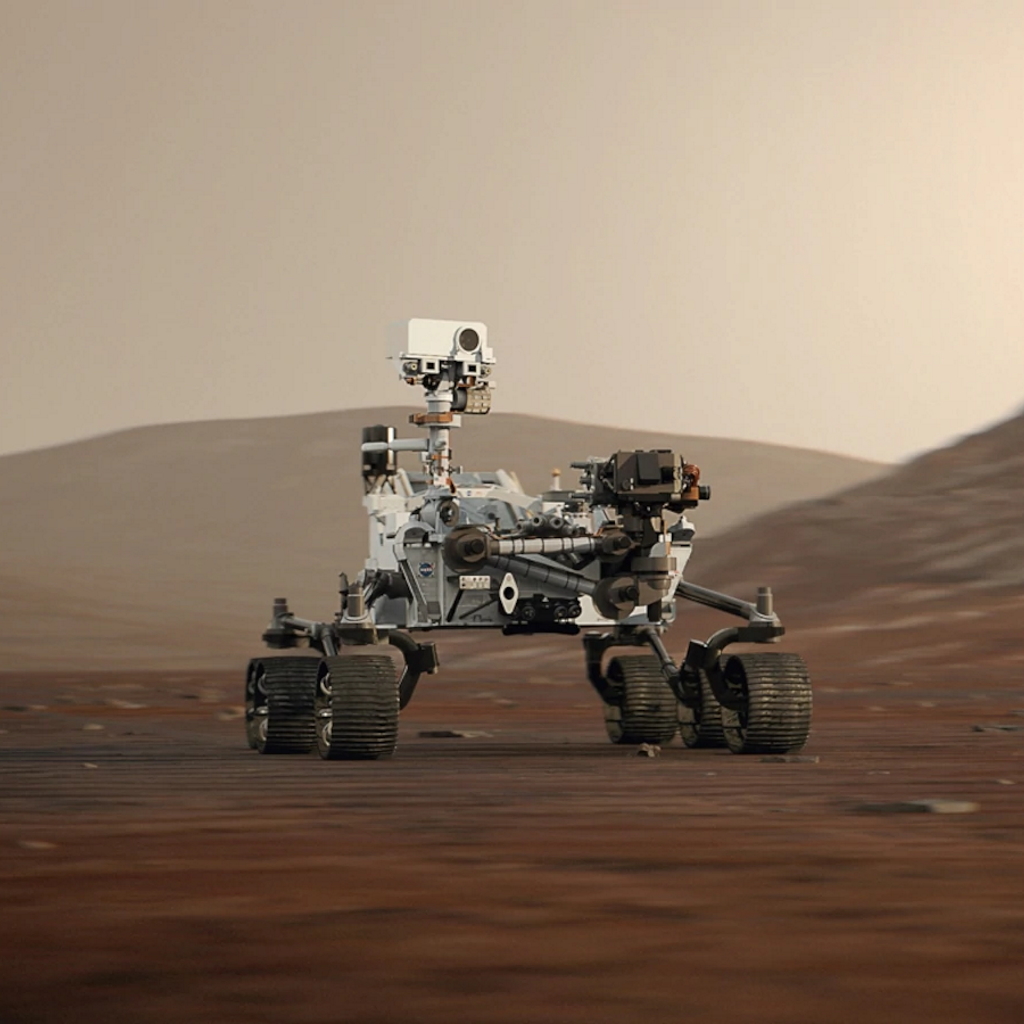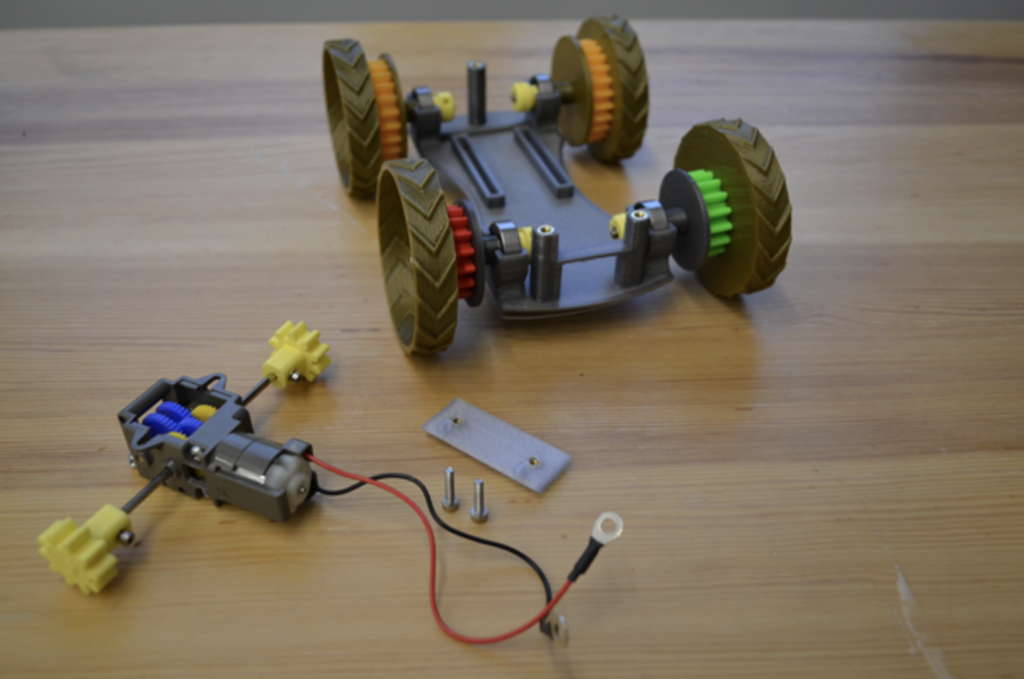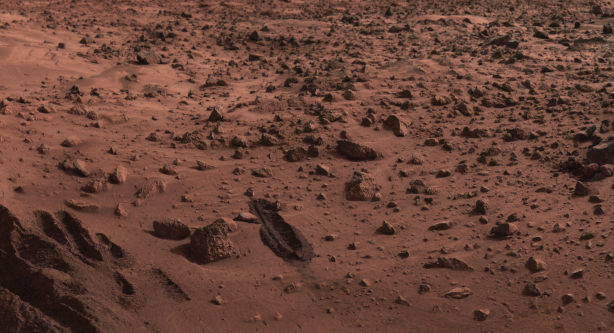
Students learn to invent the future with hands-on STEAM experimentation




Students will optimize the design and 3D print new wheels and gears to increase speed and power of the rover to accomplish mission critical tasks.
The exciting Mars Rover competition is returning for the school year 2023-2024. Revised to expand participation through virtual competition – and gives students a chance to “drive it their way!”
Rovers from each school will compete with each other in the month of May. There, the winners will be determined during the live streaming event.
The competition space is limited so be sure to register early!
Awards
Prizes will be provided to 1st, 2nd, and 3rd place finishers in each division (middle school and high school)
“They’re in it for the fun, and along the way they’re learning which is what we want them to do.” ~ Gaye Breegle | Niles Middle School Science Teacher

To prepare for this Competition, students and educators may use the Gaining the Traction on Mars lessons which are available for Google Classroom. Click here to learn more. Using the Mars Rovers kits provided, student teams will build the Rovers and test performance on a simulated Mars surface. Teams will analyze performance, and applying the knowledge learned, optimize new wheels and gears to enhance performance.
Students will use Invent2Make CAD tutorials to learn how to create their new wheels and gears which will be 3D printed. Schools can send their student design files to Invent2Make Makerspace which will make the student designs and mail the items to the school for testing.
Teams will use a simulated Mars surface for running their Rovers at their school. This track will be similar to the one used for the Competition. Click here for more information. A track is available for each registered class upon request.
Each class is encouraged to have an in-class competition to determine which teams’ wheels and gears performed the best.
For the competition, each class will submit their best performing wheels and gears to Invent2Make. A class is permitted to submit a primary and an alternate submission (with each submission sometimes being called a “team”). Invent2Make will run Rovers with the submitted wheels and gears at the Invent2Make Makerspace in Youngstown, Ohio and stream this competition live. Teams will be assigned time slots for their challenge events. A video will also be available to watch after the day of the event.
Click Here To Read Frequently Asked Questions
Want to learn more about the Invent2Make Program? Click here or contact us at https://support.vistaast.com/

In this Competition, there are two legs to the Challenge both on an 8′ track with the terrain of play sand and lava rock. In the first leg, the Rover must demonstrate its fastest speed as it races across the Mars surface to retrieve a Mars rock. In the second leg, the Rover will demonstrate its power as it pulls the Mars rock back to home base.
Competition Rovers can use a combination of the class’ best designs (multiple teams’ designs) for wheels and gears or it may select the designs of one team. Competitors may submit a set of wheels and/or gears specific to each leg of the challenge.
Competition schools will be provided (per class):
- 2 rovers (with replaceable wheels and gears)
- These are leased and must return to us at end of competition
- Professional Development (PD) for participating teachers
- Held April 9, 2024 at 3:30 PM
- Upon request – 1 rover track
- Design tutorials for wheels and gears
- Project lessons for instructors
- 3D print services (including shipping) for wheels and gears
- Teacher support
There will be two divisions:
- Lower Division: Up to Grade 7
- Upper Division: Grades 8-12
Fees:
- For Invent2Make schools, there is no fee. Visit Invent2Make.com to learn how to become an Invent2Make school
- $750 cost per class for non-member schools
- This comes with a $750 discount for Invent2Make membership for 2024-2025
Important dates:
- Must register your classes by:
- April 5
- Professional Development:
- April 9 – 3:30 PM
- Lower Division:
- Submit materials by: May 1
- Competition: May 7 – 8
- Upper Division Competition
- Submit materials by: May 8
- Competition: May 14 – 15

Why is the exploration of Mars important? Exploring Mars will help us learn more about Earth’s history and perhaps provide clues about Earth’s future. The “Red Planet” is similar to the Earth and one exciting question is “was there life on Mars?” And, someday, could humans live on Mars? Long term, both NASA and private companies have a vision to send humans to Mars by the 2030’s.
To answer these questions and prepare for the future, NASA has been exploring Mars with the use of Rovers. These Rovers “rove” around the surface of Mars learning about that planet.
The terrain of Mars is rocky and difficult to navigate. There are hills and valleys and the soil is sandy, making it difficult to gain traction while driving the Rover.
The team will build a Mars Rover from a kit and will test their Mars Rover on a simulated Martian surface. The challenge will be to design wheels and gears that optimize the performance of the Rover. The Rover will compete in two challenges, one testing for speed and the other, the power of the Rover to pull a rock across the terrain.



Ready to rover on over? Let’s get there, together.
Request more information below!

© 2024 All Rights Reserved.